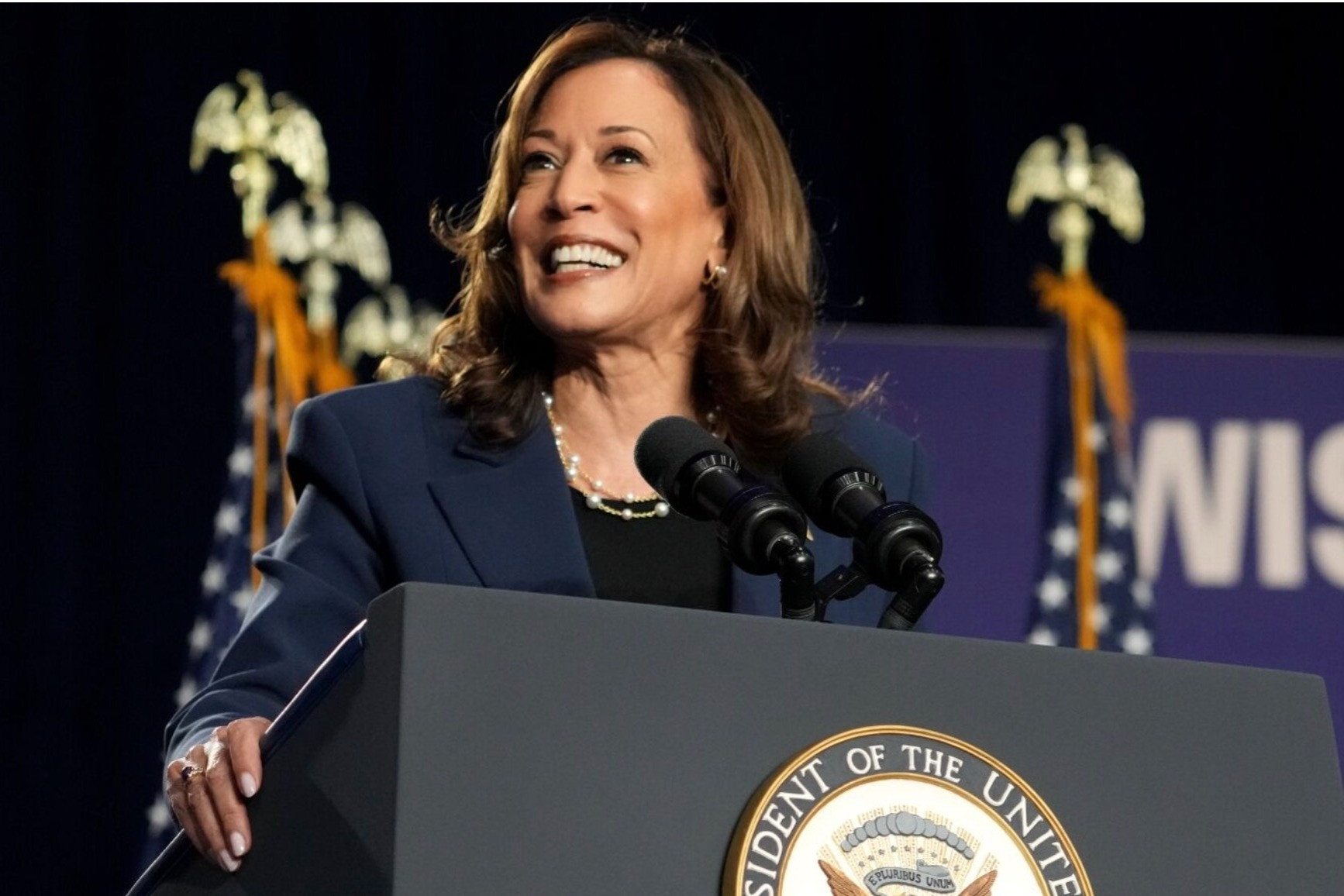
Harris’s approach to Southeast Asia
Harris’s foreign policy approach remains somewhat ambiguous, not only for Southeast Asia and the Asia-Pacific but also globally. This is likely because Harris is expected to continue Biden’s foreign policy, which has emphasized strengthening alliances in the region and countering China’s influence.
Harris's approach, however, may differ from Trump’s in that it would likely center on security cooperation, especially with the Philippines, the US' closest ally in Southeast Asia. Strong support for the Philippines could, however, complicate regional dynamics.
While Harris has limited foreign policy experience, her role under Biden has allowed her to gain insights. Over the past three years, she has frequently engaged with Southeast Asian leaders and made five official visits to the region, including stops in Vietnam, Singapore, the Philippines, and Indonesia.
Her meetings with Philippine President Ferdinand Marcos Jr., including a notable visit to Palawan, underscore her efforts to prioritize the region, though her assignments, such as attending the 2023 ASEAN Summit, have sometimes been viewed as relatively minor.
Harris’s Southeast Asia policy team’s capacity to guide US policy may be questioned if Southeast Asia is not her top priority. A key point will be whether she retains senior figures like Deputy Secretary of State Kurt Campbell, the architect of Biden's Asia strategy.
Harris appointed Yohannes Abraham, the US Ambassador to ASEAN, to her transition team. However, Abraham’s reassignment back to Washington suggests that the US may not view the Ambassador to ASEAN role as a top priority.
Although Harris previously opposed trade agreements such as the US-Mexico-Canada Agreement (USMCA) and the Trans-Pacific Partnership (TPP), she may continue Biden’s approach of expanding trade ties with the region.
For initiatives like the Indo-Pacific Economic Framework (IPEF), Harris could commit to maintaining trade and development cooperation as a cornerstone of US-ASEAN relations, while potentially enforcing stricter environmental and labor standards.
These requirements could complicate negotiations, as IPEF is already perceived as offering limited tangible benefits for Southeast Asian nations.
Harris’s progressive politics may also prompt questions regarding whether she would advocate Western values in Southeast Asia, potentially impacting US relations in the region. Conversely, her more balanced stance on the Israel-Hamas conflict, marked by criticism of Israeli policy, may improve US perceptions in Muslim-majority countries like Indonesia and Malaysia.
Economic impact on Vietnam
While some observers suggest that Harris might adopt a more open and friendly approach to Southeast Asia, the greatest effect of her victory on Vietnam would likely be in economic and trade areas.
Thanks to its autonomous foreign policy and multilateral approach, Vietnam has benefited from the Biden administration’s efforts to strengthen bilateral ties. Under Harris’s leadership, the US could further boost cooperation and investment in Vietnam, creating favorable conditions for American and Vietnamese businesses.
Increased collaboration in renewable energy, high-tech industries, and digital transformation would enhance Vietnam's competitiveness and integration into the global value chain.
If Harris maintains Biden’s hardline trade policies with China, Vietnam could continue to benefit as US businesses view it as a stable, attractive production base with a reliable labor force. The diplomatic upgrade during Biden’s term has boosted FDI from the US into Vietnam, reaching around $626 million, a notable increase.
Free from the threat of the 10-20% tariffs that Trump once vowed to impose on all imports, American companies would likely have greater confidence to invest in Vietnam under Harris.
However, it is worth noting that Biden’s administration has implemented protectionist measures to bring production back to the US, especially in high-tech sectors, exemplified by the CHIPS Act.
Both Trump and Biden’s protectionist policies are popular among American voters, particularly the working class. Should Harris win, she would have substantial reasons to continue these policies as part of a strategy to boost US economic self-sufficiency and reduce foreign reliance. This is a key factor Vietnam must consider, regardless of whether Trump or Harris wins.
Pham Vu Thieu Quang